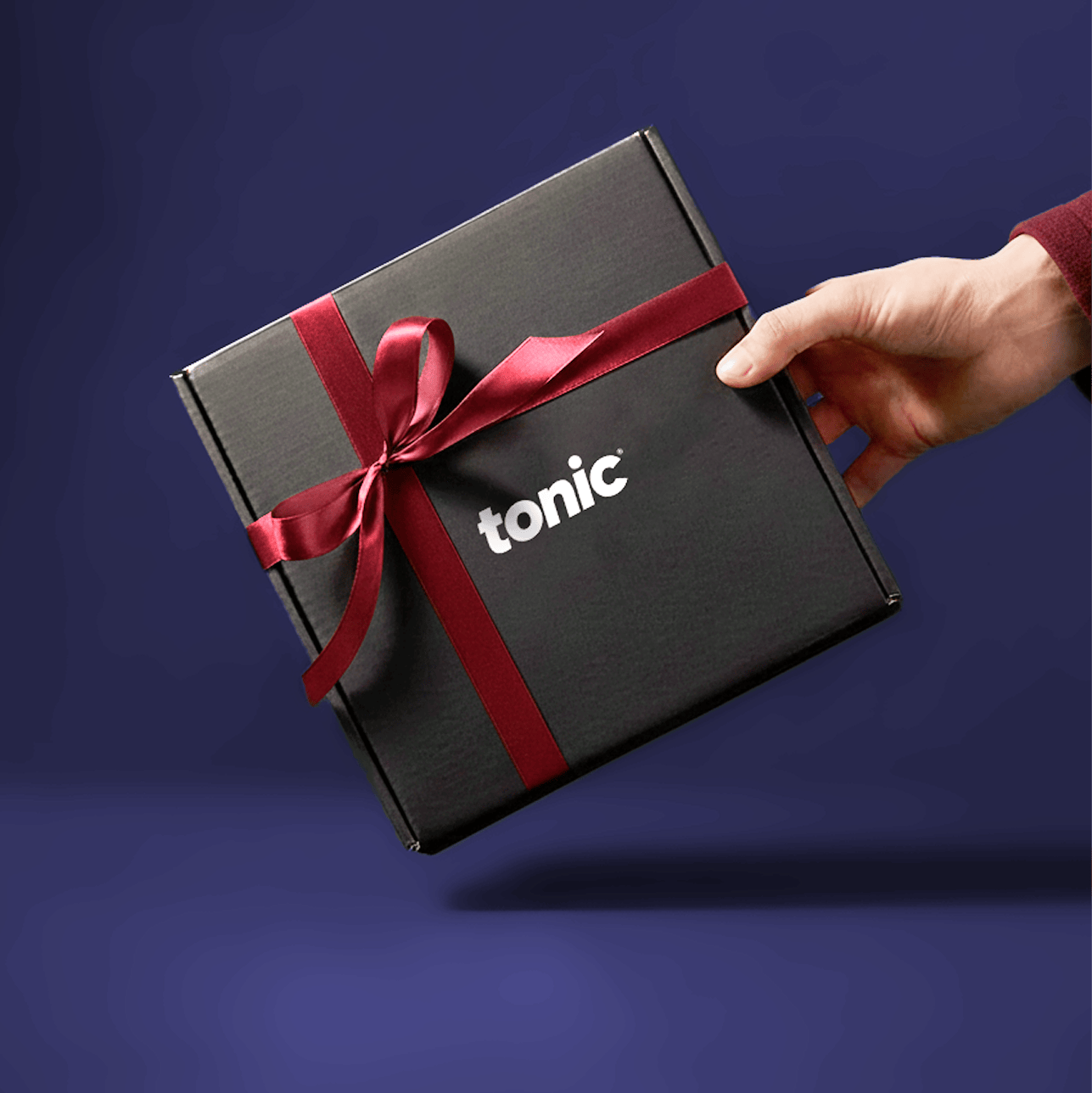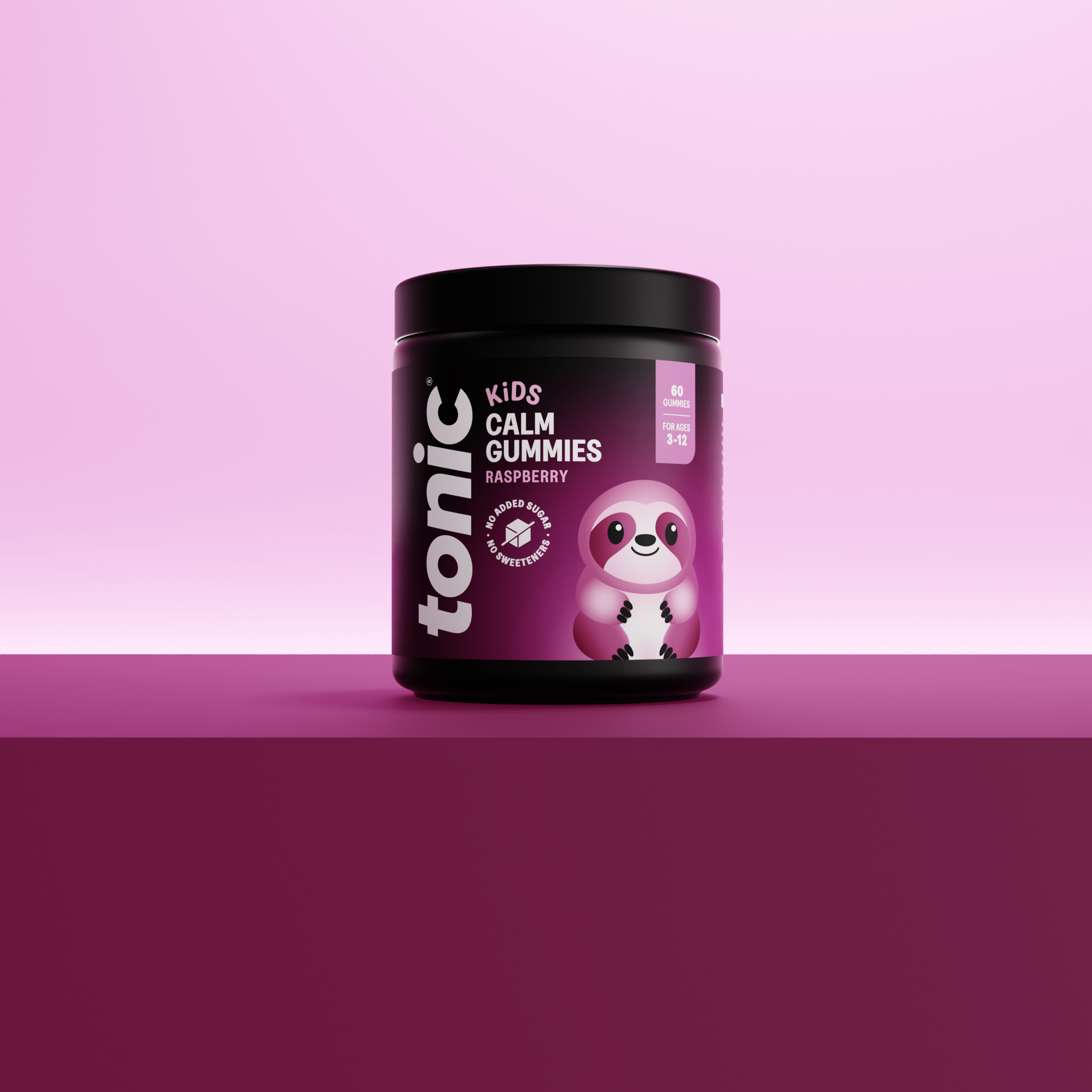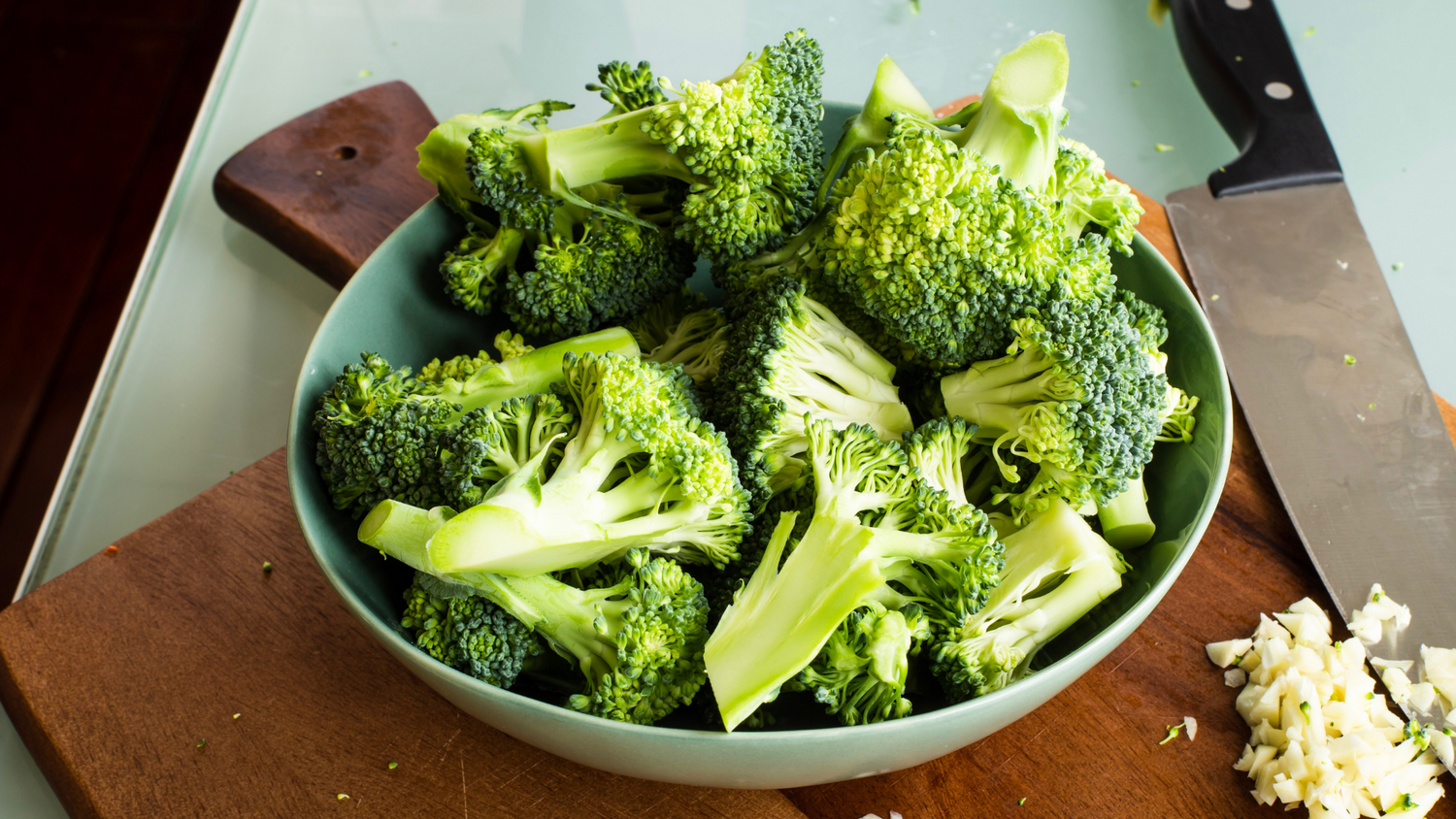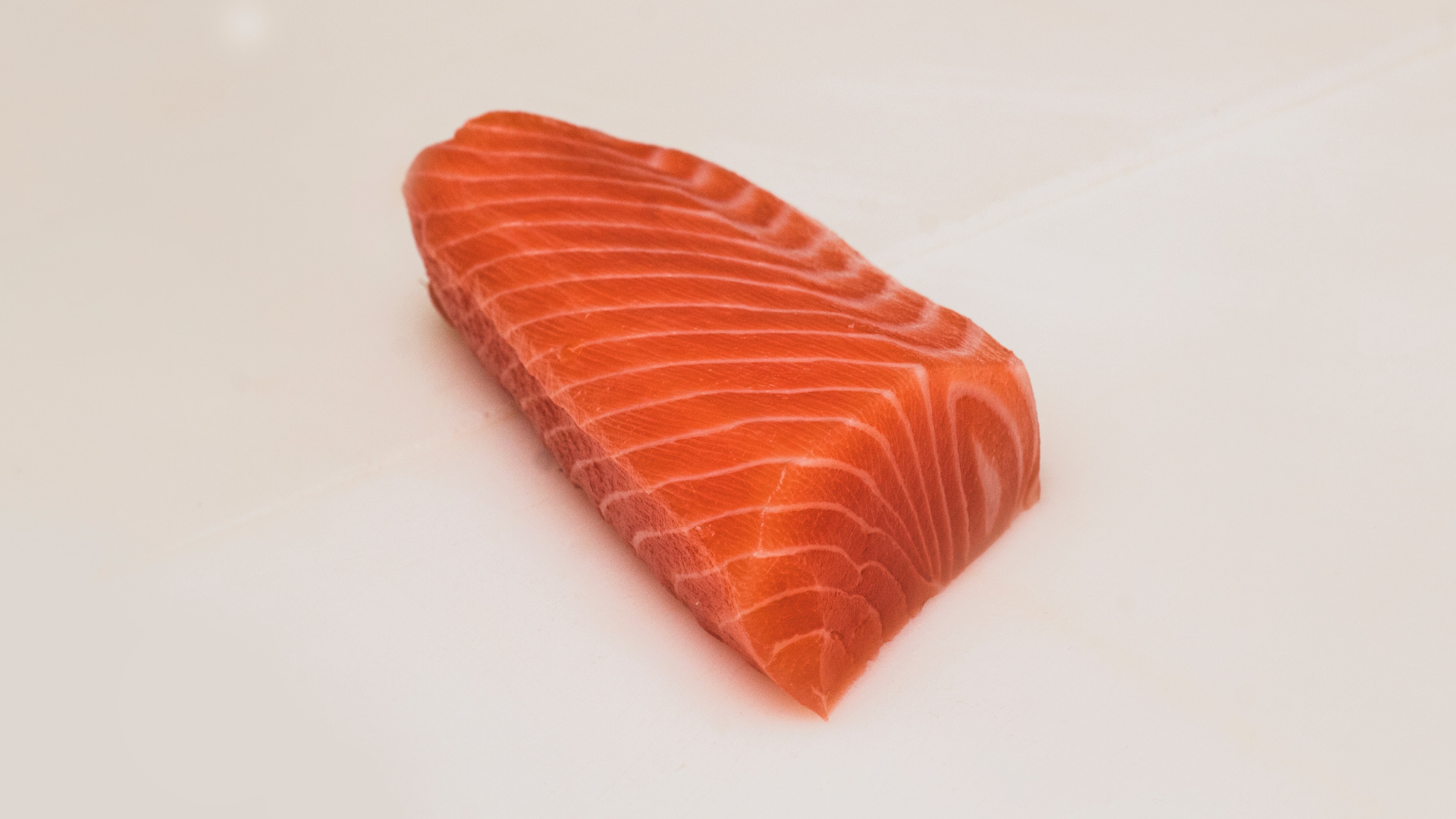Sulforaphane is a sulfur-rich compound found in cruciferous vegetables like broccoli, cabbage, cauliflower, kale, watercress, rocket, and bok choy. When these vegetables are cut, chopped, or chewed they release an enzyme called myrosinase which, when it comes into contact with glucoraphanin, activates the sulforaphane.
Raw vegetables have the highest levels of sulforaphane. One study found that raw broccoli had ten times more sulforaphane than cooked broccoli so if you don’t mind eating cruciferous vegetables raw, it’s definitely worth considering! If you do want to cook them, it’s best to keep the temperature below 140˚C by steaming vegetables rather than boiling or microwaving them, for example.
While more research needs to be done into sulforaphane and its benefits for the human body, findings so far seem to indicate that it has several potential health benefits.
One such example is that it might prevent cancer cell growth by releasing antioxidant and detoxification enzymes that protect against carcinogens.
Sulforaphane is an indirect antioxidant, which means that it improves the antioxidant capacity of other cells. It also activates the Nrf2 pathways, which in turn increases glutathione levels in the body. This is a good thing; why else do you think we’d include 50mg per drink of Daily Immunity?!
Sulforaphane’s antioxidant effects also help neutralise free radicals that lead to the development of plaque in arteries, further reducing the risk of cardiovascular disease (Shehatou and Suddek 2016).
Activating the Nrf2 pathways is also what promotes the production of detoxification enzymes and those that repair and remove damaged proteins (Holmström et al. 2016).
Sulforaphane is also thought to have antimicrobial and anti-inflammatory properties. A study by Johansson et al. 2008 found that sulforaphane prevents the growth of the pathogenic bacteria Heliobacter pylori, which causes ulcers. The anti-inflammatory properties of sulforaphane are a result of its ability to block the release of pro-inflammatory molecules (Greaney et al. 2016).
A double-blinded, randomised, placebo-controlled trial that involved young men (aged 13–27) with moderate to severe autism spectrum disorder indicated a correlation between taking a daily sulforaphane supplement and improvements in social interaction, abnormal behaviour, and verbal communication. After the supplement stopped being used, scores on all behavioural scales increased toward pretreatment levels (Singh et al. 2014).
Sources:
https://www.verywellhealth.com/sulforaphane-5083128
https://www.healthline.com/nutrition/foods/broccoli
https://www.webmd.com/vitamins/ai/ingredientmono-1070/sulforaphane







Leave a comment
All comments are moderated before being published.
This site is protected by hCaptcha and the hCaptcha Privacy Policy and Terms of Service apply.